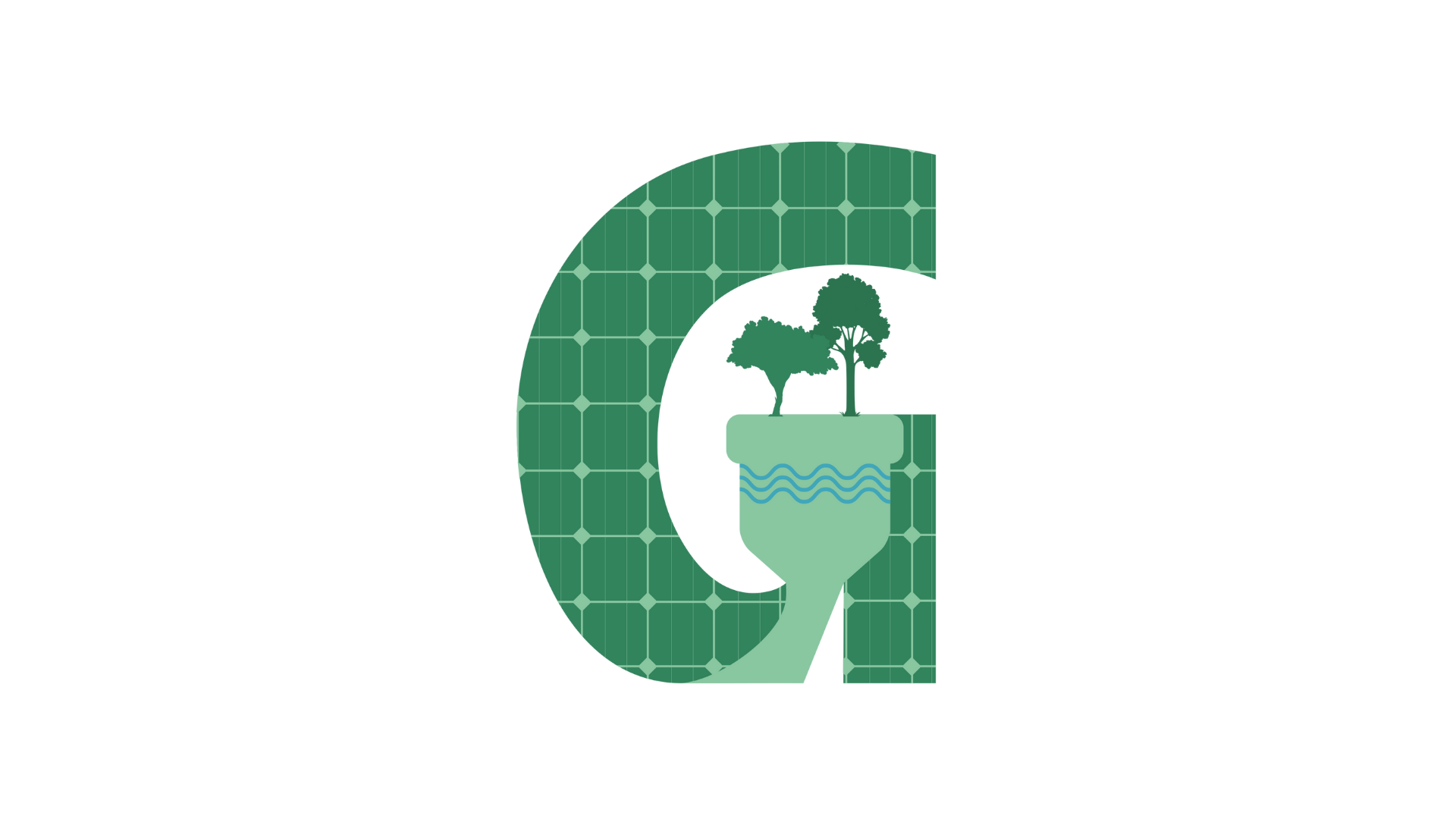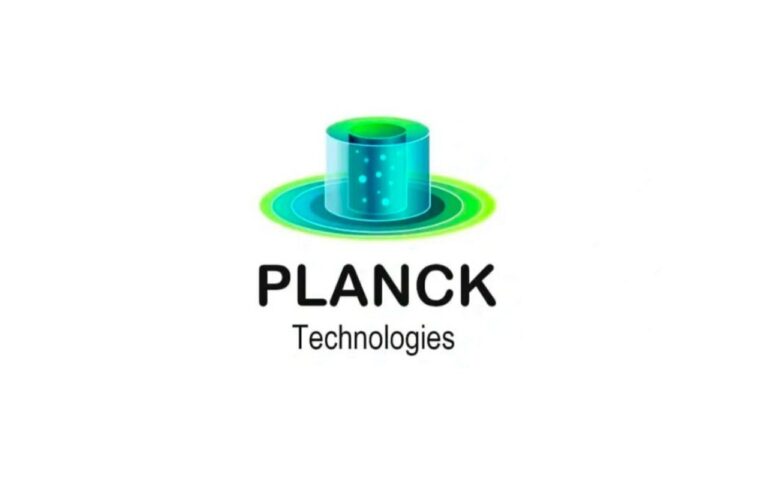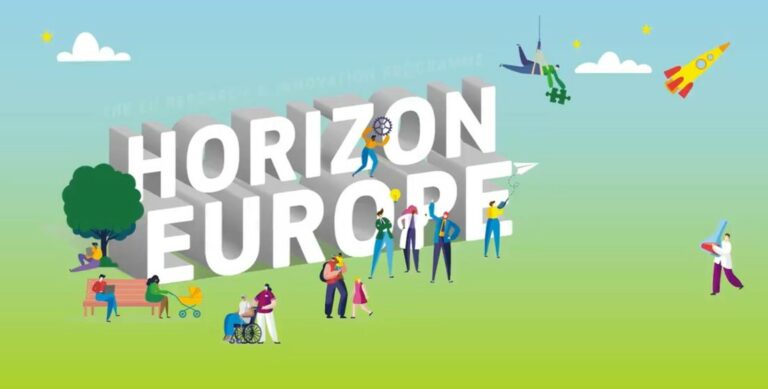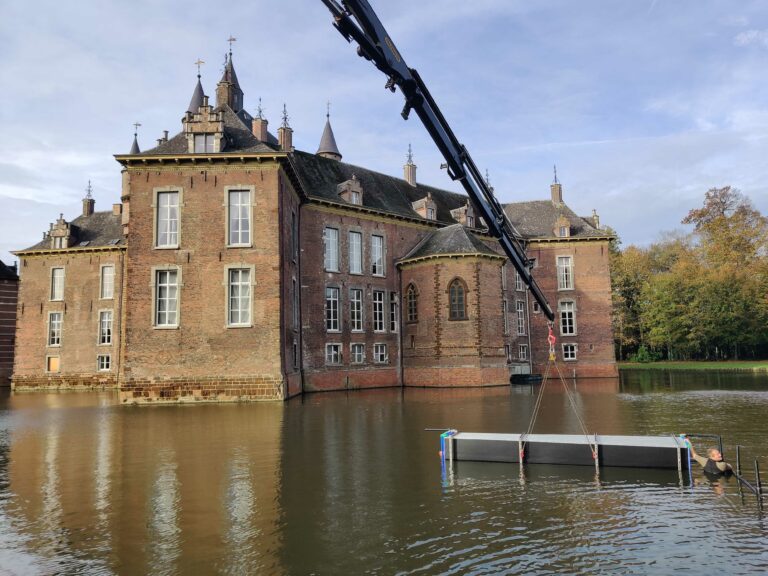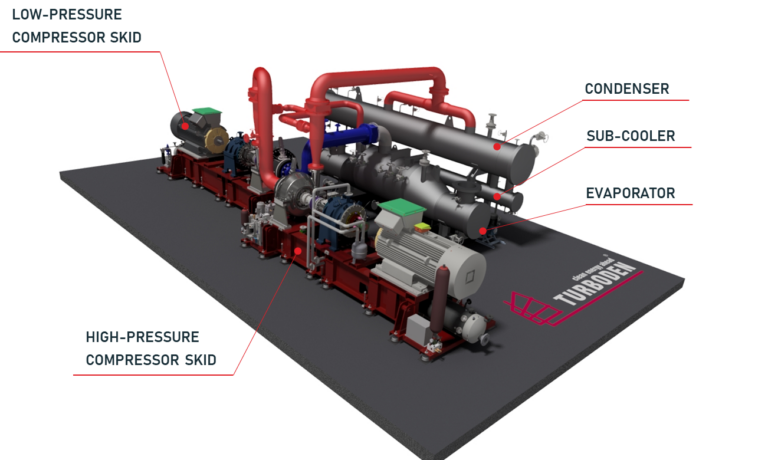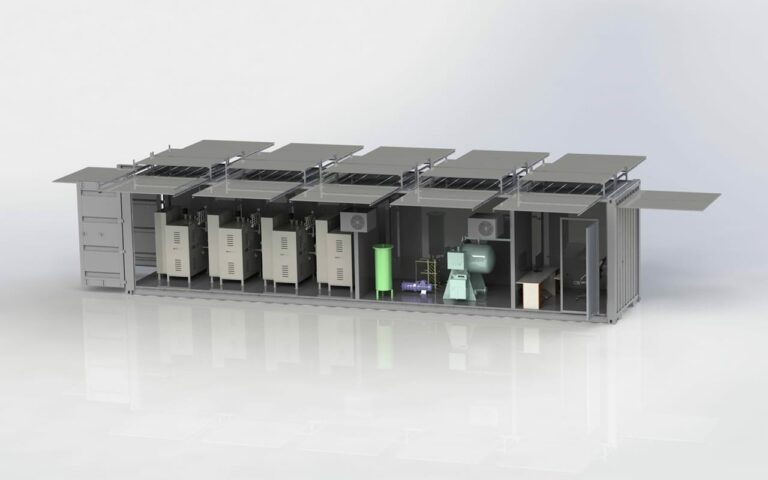GENERA – Re-Vitalising Energy Transition in Touristic Islands
Carbon neutrality and how to achieve it is a widely discussed topic today. However, most discussions revolve around the technical side of it: The latest developments in wind and solar energy; how to use battery technology to make up for the intermittent nature of the renewables; or the increasing challenges for grid operators. While these are important issues that need to be tackled, the challenge of implementing existing technology is often underestimated: Many countries face a high bureaucracy and complicated rules which make installation of large facilities difficult. The GENERA project is tackling this problem: Roadmaps are developed for touristic Mediterranean islands to effectively transition towards the optimal usage of green energy. GENERA is a project co-funded by the LIFE Programme framework.
In today‘s interview, we are speaking with Samuele Baroni, who works as a project manager at Gruppo Maggioli.
Who are You?
I am Samuele Baroni, and I have been a project manager focusing on the business administrative side in Maggioli for 4 years now. I studied literature and languages, then worked in different companies along the way, mostly marketing departments. When I was starting in Maggioli, I already had a master in Business Made in Italy. Since there is no master in European Project Development, they offered to teach me on the job. In Maggioli, I work on different projects, and today, we will talk about the GENERA project.
What is the Idea of GENERA?
…came from the Technical University of Valencia. They thought about the implementation of specific energy transition measures in touristic islands. The baseline idea is that islands are really peculiar in their behavior of energy consumption and production since they are isolated from the mainland. Most islands have a great advantage in producing renewable energy because they are windy or sunny most of the year, which opens a great possibility for creating energy independence. We look at touristic islands because they have the highest energy consumption. The difficult topic is securing investments and managing bureaucracy – that is what we wanted to explore. Currently, we have four different cases: Two in Spain, Tenerife and Ibiza, Stintino in Italy, as well as two small Greek islands in the south Aegean Sea.
Our partners at the University of Valencia created a consortium where we combine different skills and perspectives: We have the final users, the universities, and Maggioli, which is the only large industry partner in the project. Our role is to manage the creation of energy monitoring tools and focus on other tasks such as social media, communication, or exploitation in general. The academic institutions as non-profit organizations are motivated by understanding the possibilities of energy production on the islands due to the island’s geography. Besides the University of Valencia, we work with ITER, a Spanish institute studying renewable energies, and the University of West Africa because they provide us with technologies such as blockchain.
Developing Roadmaps for the Green Energy Transition
GENERA is also about business development: We won’t build any solar or wind farms ourselves. Instead, together with the other experts in our consortium, we study wind power, solar power, and the island’s topology. We explore all kinds of possibilities: What is the infrastructure; what are the laws; what could be the funding from the European Union
and from the national government? What are the possibilities in general? And then, working together with the local governments, we lay out the roadmap for the energy transition in order to get the greenest possible way of producing and consuming energy on the island.
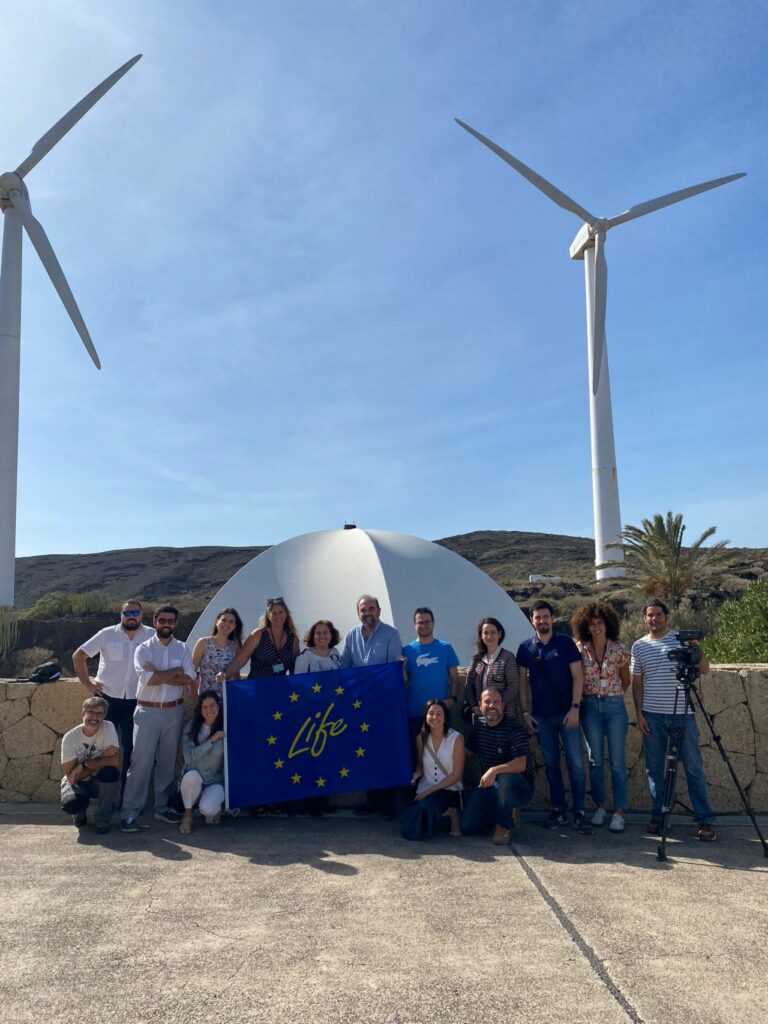
How Far Is the Project Already?
We already passed the middle of the GENERA project. The project duration is 30 months, and we are in month 20 now. The project is proceeding quite well. Since our consortium is quite small, collaboration goes well. We already organized several events, the major ones were in Stintino, Tenerife and Athens, where we also organized seminars for discussion with local authorities, technicians, domain experts, and professors from all over Europe. We could consider the necessities of each stakeholder and what could be done at each level.
What is the Most Challenging Part of the Project?
We have some difficulties having all stakeholders participate in the discussions. For example, when we contact mayors, if one of them is particularly into energy transition, they are super happy about participating – but if not, it is a problem. It depends on the person.
We don‘t have problems with the bureaucracy since we don‘t build the power plants ourselves. However, we heard about many mayors and technicians who had lots of problems with bureacracy, especially in Sardegna. They had really ambitious projects for constructing energy communities and green energy infrastructure, but they were stopped by the bureaucracy for 5-7 years. After waiting so many years, it was no longer viable project, and they had to stop it.
Are There Any Follow-Ups Planned?
Part of the project is to understand how to make the funding of the EU valuable, even after the project is finished. Usually, this is something you do in the last part of the project, so we are not there yet. However, since the project is doing very well, we asked for a continuation of the project and have already implemented a proposal. If they accept it, we will keep working with the same consortium except for the pilot partners, which we will change to have a broader perspective.
Otherwise, it will probably depend on the partners. I am from Maggioli, and from our side we are interested in continuing this dialogue with the public administrations since we are a service provider for the public administrations. In this project, we learned a lot about the methodology, ways to solve these issues, and ways of thinking. So we will for sure continue to work with them in the future.
Whom to Contact?
Are you feeling inspired by this exciting idea and eager to explore more? Reach out to Samuele for a delightful discussion, or simply visit their website or social media profiles to learn more about the project.
Learn also about other projects Gruppo Maggioli is involved with in our interview about EnerMan.
